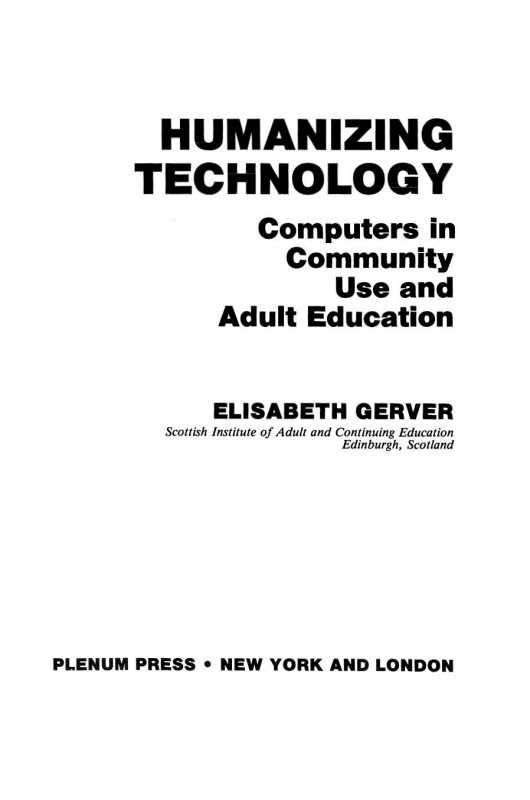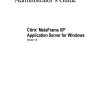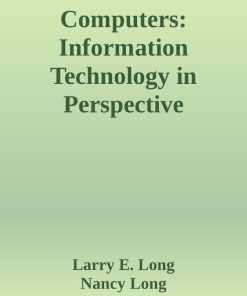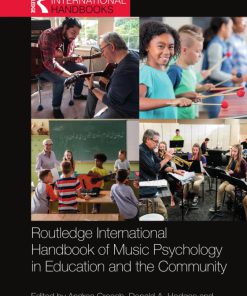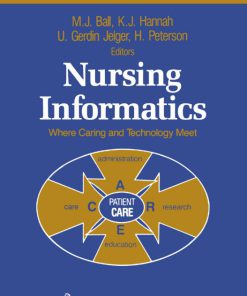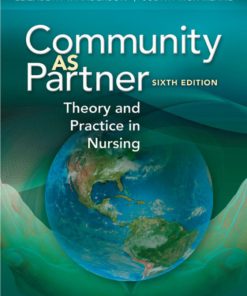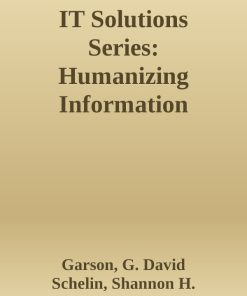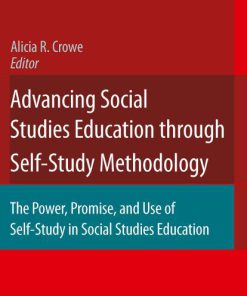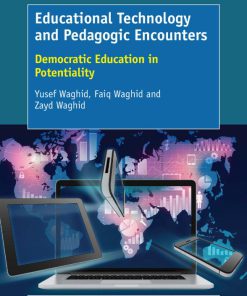Humanizing Technology Computers in Community Use and Adult Education 1st Edition by Elizabeth Gerver ISBN 0306421410 9780306421419
$50.00 Original price was: $50.00.$25.00Current price is: $25.00.
Authors:ELISABETH GERVER , Author sort:GERVER, ELISABETH , Languages:Languages:eng , Published:Published:May 2012
Humanizing Technology Computers in Community Use and Adult Education 1st Edition by Elizabeth Gerver – Ebook PDF Instant Download/Delivery. 0306421410, 9780306421419
Full download Humanizing Technology Computers in Community Use and Adult Education 1st Edition after payment

Product details:
ISBN 10: 0306421410
ISBN 13: 9780306421419
Author: Elizabeth Gerver
A few years ago, a book of this type and style could not or would not have been written. This is because, until a few years ago, no real in-depth knowl edge of computers and computerized equipment was at the disposal of those with a nonscience, nonquantitative background. Some people from other disciplines-including business, the arts, and the social sciences-had been working with such equipment, but they had “gone over” and tended to be even more computer-conscious than those whom they served. It is only comparatively recently that people like Elisabeth Gerver with a firm arts and adult education background first of all became knowledgeable and then remained true to that background. To her eternal credit, Elisabeth Gerver, when she became involved, avoided being sucked into the world of the jargon or even that of the thinking of the computer scientists and the electronic engineers. On the contrary, she insisted that she was an educated woman dealing with other educated people, and that they would all speak in the language of everyday discourse. It worked! One consequence of her experience and her thought is this remarkably lucid and readable book. It will prove to be of immense value to many in the world of adult and community education. But the beneficiaries will run beyond those sectors of society. Other people with a nonscience, nonquantitative background will surely find it of immense value in their early, inevitably hesitant and faulty, grappling with the world of new technology.
Humanizing Technology Computers in Community Use and Adult Education 1st Table of contents:
-
The Evolution of Computers in Education
2.1. A Brief History of Educational Technology
2.2. Computers in Traditional Education vs. Adult Education
2.3. Key Theories and Models for Technology Integration in Learning
2.4. Challenges in Adapting Computers for Adult Learners -
Computers in Community Settings
3.1. Community Centers as Technology Hubs
3.2. Bridging the Digital Divide in Marginalized Communities
3.3. Social and Cultural Considerations in Community Technology Use
3.4. Case Studies: Successful Community Technology Programs -
Technology and Lifelong Learning
4.1. The Importance of Lifelong Learning in the Digital Age
4.2. How Computers Support Skill Development for Adults
4.3. Designing Technology for Continuous Education
4.4. Encouraging Motivation and Engagement in Adult Learners -
Curriculum Design for Technology in Adult Education
5.1. Key Principles of Curriculum Design for Adult Learners
5.2. Blending Traditional and Digital Learning Methods
5.3. Collaborative Learning through Computers
5.4. Evaluating the Effectiveness of Technology-Based Curriculum -
Bridging Digital Literacy in Adult Education
6.1. Understanding Digital Literacy for Adults
6.2. Approaches to Teaching Basic Computer Skills
6.3. Overcoming Technological Anxiety in Adult Learners
6.4. Empowering Adults Through Digital Literacy Programs -
Creating Accessible and Inclusive Learning Environments
7.1. Accessibility Challenges in Adult Education Technology
7.2. Designing Inclusive Digital Platforms for Adults
7.3. Assistive Technologies for Learners with Disabilities
7.4. Promoting Equity and Inclusivity in Community-Based Learning -
Technology Tools and Resources for Adult Education
8.1. Learning Management Systems (LMS) for Adults
8.2. Open Educational Resources (OER) and Online Learning Platforms
8.3. Mobile Apps and Tools for Adult Learners
8.4. Evaluating Technology Resources for Community Education -
Teachers, Trainers, and Facilitators in the Digital Age
9.1. The Evolving Role of Educators in a Technology-Rich Environment
9.2. Training Educators to Use Technology Effectively
9.3. Facilitating Collaborative and Peer Learning Using Technology
9.4. The Digital Skills Educators Need to Empower Adult Learners -
The Future of Technology in Adult Education and Community Use
10.1. Trends and Innovations in Educational Technology
10.2. The Role of Artificial Intelligence and Virtual Learning Environments
10.3. Potential Impact of Emerging Technologies on Adult Education
10.4. Ethical Considerations and the Future of Technology Integration
People also search for Humanizing Technology Computers in Community Use and Adult Education 1st:
humanizing technology computers
humanizing technologies inc
humanizing technologies
humanizing tech
human-it computer

